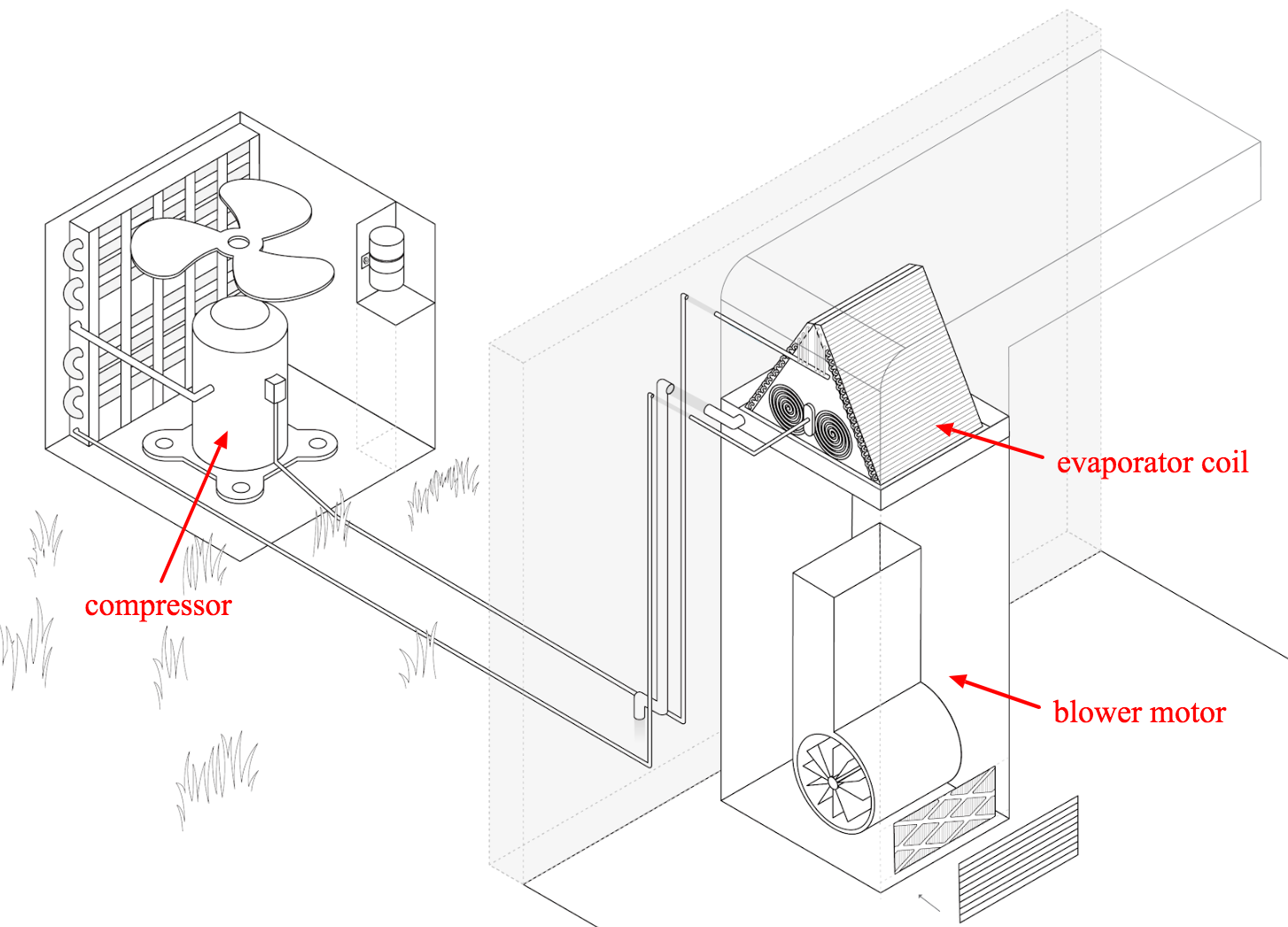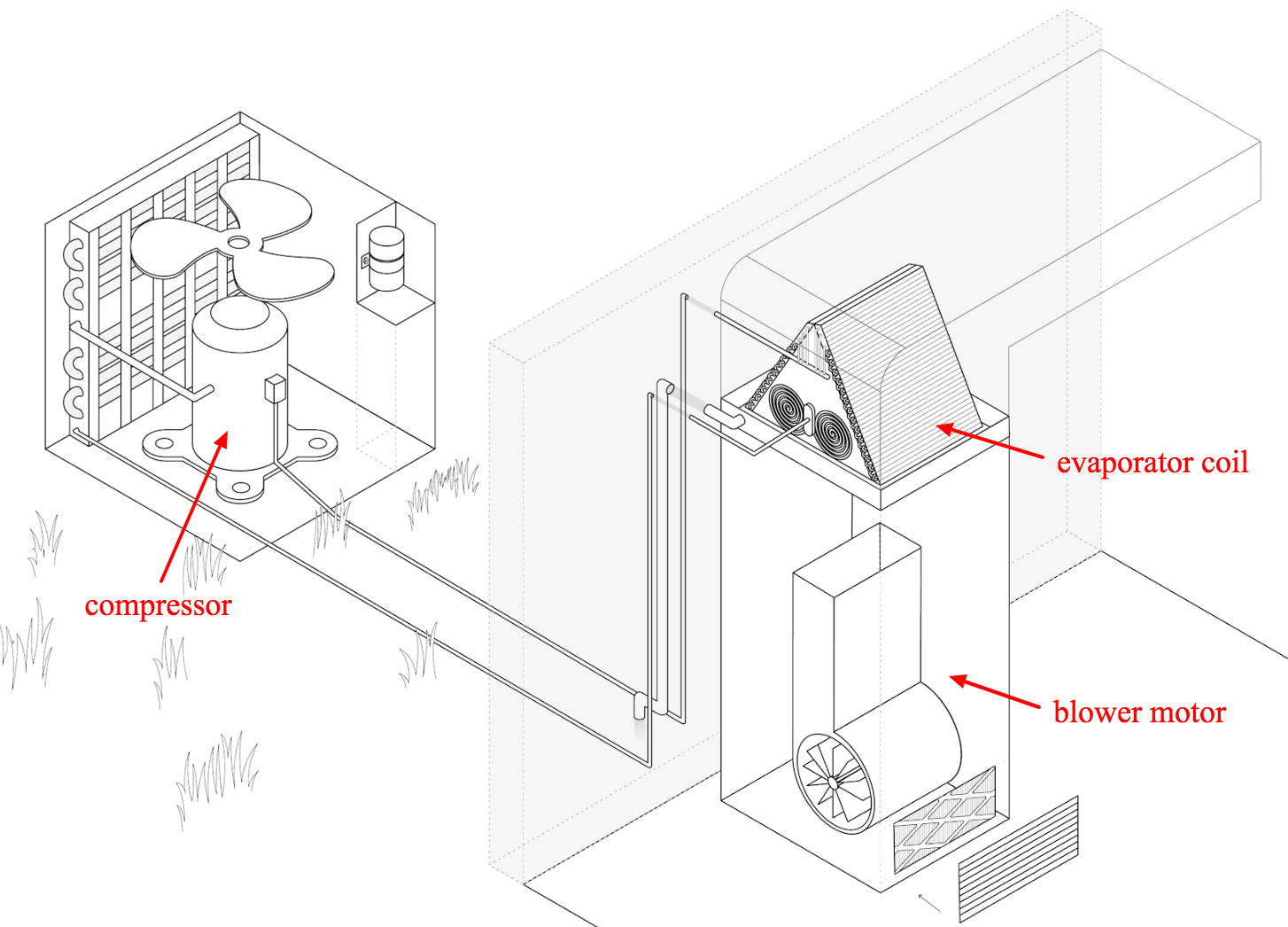Should I Keep My AC Vents Open or Closed? A NJ Tech Answers
November 11, 2024

This one’s easy for us to answer: Keep your AC vents open—always.
(Yes, even the vents in rooms that aren’t used.)
You might think you’re saving money by closing vents in unused rooms, but what you’re really doing is costing yourself more money.
In fact, closing AC vents just results in:
- Higher energy bills
- Frequent AC repairs
We’ll explain below.
Why you should keep your vents open
To prevent high energy bills
When you close AC vents, you increase the pressure inside your home’s ductwork. As pressure inside the ducts increase, more cool air (that you’ve paid for) gets pushed out of duct leaks.
You see, the typical home already loses about 30% of conditioned air to leaky ductwork. And that statistic (from EnergyStar) assumes you’re keeping all of your vents open. That percentage increases with every vent you close.
The bottom line? The more vents you close, the more money you’ll spend every month on cooling/energy bills.
To prevent frequent repairs
Depending on what kind of AC blower motor you have, closing AC vents can lead to several, frequent repairs, such as:
- A bad blower motor
Some AC blowers are designed to ramp up or down in speed according to ductwork pressure or the amount of cooling needed at a given time. This special feature provides extra comfort for homeowners during extra hot days but also allows the AC to blow at lower speeds on cool days, resulting in lower utility bills.
But when you close your AC vents (and increase ductwork pressure), you’re forcing these blower motors to ramp up to higher speeds for extended periods of time. This results in frequent blower motor repairs and eventually complete blower motor replacement.
- A frozen evaporator coil
Some AC blowers aren’t designed to ramp up or down in speed. Instead, these motors only blow at one speed at all times.
So, when they encounter extra pressure (via closing vents), they simply don’t blow as much warm, unconditioned air over your evaporator coil (the piece that cools the air). When the evaporator coil doesn’t get hit with enough airflow, it will quickly freeze over.
And the worst part? A frozen evaporator coil will eventually send super cold refrigerant to the outdoor unit, which will destroy the compressor (a $1,500 replacement).
